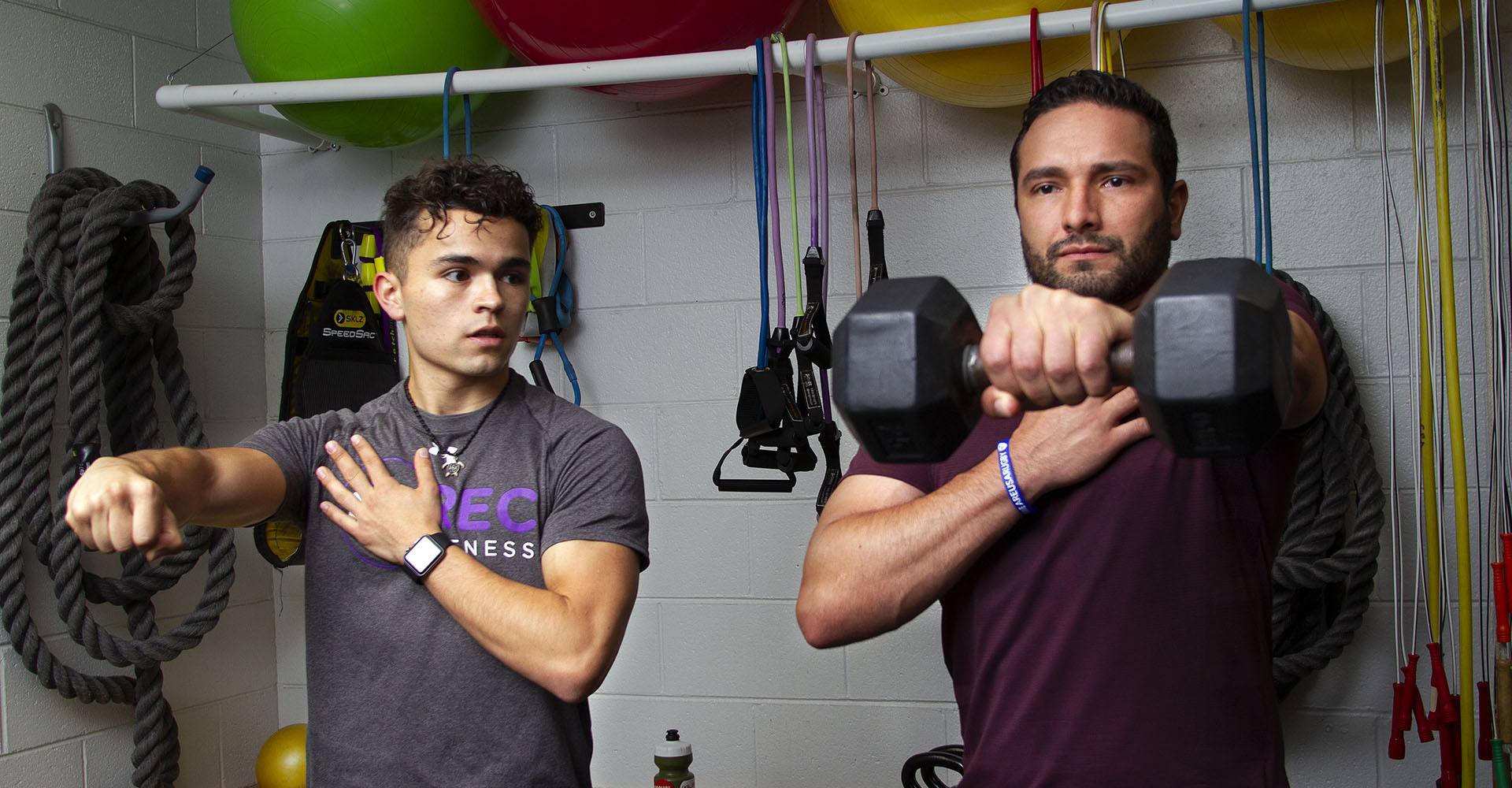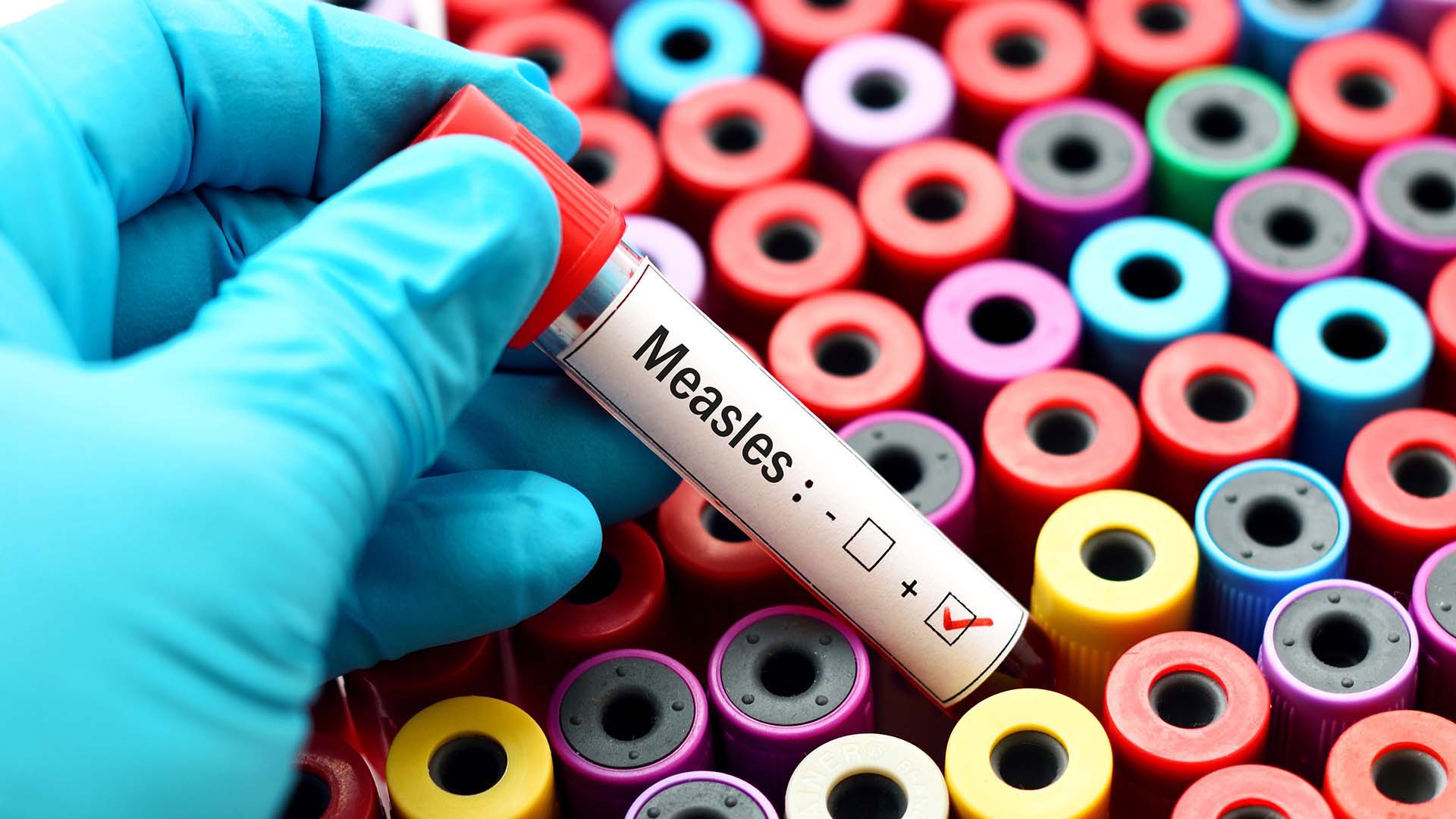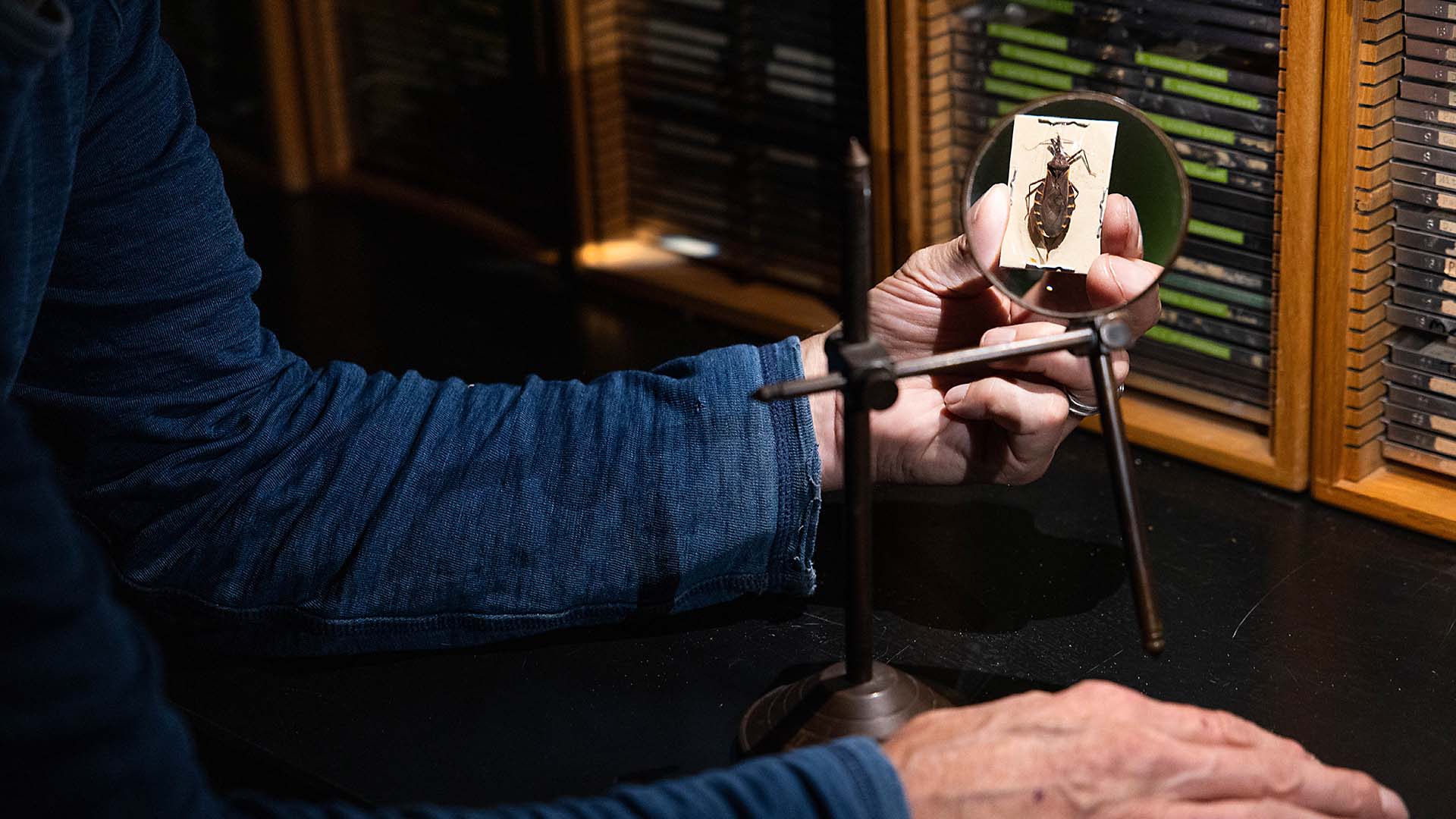Redefining masculinity
Negative societal norms may shorten the otherwise healthy lives of men. Here’s what we can do about it.

|
MSU Denver’s Inaugural Masculinity Symposium Friday, Oct. 19 9 a.m. – 3 p.m. Tivoli Turnhalle To register click here
|
|
Recent research has found that behavioral norms often associated with masculinity or “being a man” can negatively affect the health of men and boys.
On average, men die five to seven years sooner than women; men and boys also suffer from nearly all 15 leading causes of death at higher rates than women and girls.
While it may not be a surprise that there are gender differences in health-related beliefs and behaviors, there hasn’t been a concentrated national effort to improve health disparities between men and women. After years of apparent resignation to these statistics, the medical community is now responding, however.
“There has been a focus on women’s holistic health for more than three generations, but we are only beginning to put the latest research into practice when it comes to men’s and boys’ health,” said Steve Rissman, associate professor of integrative health care at Metropolitan State University of Denver.
In the past decade, Rissman has been developing a series of men’s health classes that will fit under a new program being incubated at the University. The men’s health minor will be open to all majors of study and will be the first of its kind in the country. Students can attend class in person or online via Zoom video conferencing.
Integrative health major Matthew Rowley was drawn to men’s health classes to better understand health motivations of men so he can increase his ability to help clients as a future clinician.
“My professional goals are to practice herbalism as a business,” said Rowley, who has already completed the Men’s Health and Men Across Cultures courses; he is currently enrolled in a Men and Anger class this fall.
“I knew Dr. Rissman would provide a level of understanding of men and culture that would help me be a more effective practitioner.”
Student Graciela Torres, who is working as an emergency medical technician at Children’s Hospital Colorado, has also benefited from the men’s health classes she has taken. She enrolled to be a more sympathetic support system for her father and brother but also to enhance understanding of men’s response to health in crisis.
“The classes really help me gain perspective of men in general, psychologically and socially and in various aspects of their lives,” Torres said. “I now approach issues more with an open understanding than before and I work hard not to judge based on circumstances.”
After completing her integrative health care degree, she plans to become a full-time health and wellness coach.
“Even with patients and parents, for example, when I respond to an EMT call for a child, the mother and father are most likely going to react differently to fear of the unknown, stress and pressure,” Torres said.
“I gained a lot of understanding on how to handle those situations differently.”

A new course being offered next spring, Fathers and Fathering, will address the important role fathers play in the development of boys and young men along with the resulting impact on health behaviors and attitudes. It’s another element of a program that provides an academic and objective perspective on the lives of men and boys, specifically on how it affects their health in all aspects – physical, mental, emotional, social, sexual, and so forth.
There is an accumulating body of research to define and clarify the unique set of challenges faced by men and boys. Morbidity and mortality affect not only individual lives, they also hurt other men, women, children, animals and perhaps even the environment itself.
“Men play a critical role in society, whether at home, in the workplace, or as leaders in their communities. That’s why reaching and engaging men to be aware of their personal health is so crucial for healthy, thriving communities,” said Ana Fadich, vice presidnt of Men’s Health Network.
To successfully engage men in adopting healthy behaviors, advocates and educators agree that outreach must be done in their existing environment.
“My work with the ‘Men at Work Initiative’ helps lessen the gap between men and health awareness by meeting men where they are a captive audience, in the workplace,” Fadich said.

While Rowley’s motivations for taking classes were originally externally motivated, he ended up learning as much or more about himself through his coursework than he anticipated.
“The amount I learned in just two classes was incredible because the program provides a safe environment to address topics men historically don’t talk about on their own,” Rowley said.
The new minor is about seeing men through a wider lens. Classes are open to men and women; the curriculum also respects diverse cultural values, including fluidity of gender identification, while providing support on defining clear roles and behaviors for men in a progressive era.
“Both men and women can benefit from these classes, but there is a lot of knowledge that would benefit men specifically,” Torres said. “It’s very important that these topics are brought to the forefront.”
Long-entrenched stereotypes that encourage men to engage in behaviors detrimental to their health and safety are often fueled and reinforced by lexicon that asks men and boys to “man up” when facing personal challenges.
“We need to move away from hypermasculine vernacular which only encourages men to bottle up challenges and potentially hide interests and opportunities for growth,” Rissman said. “This negative language puts men back in an isolated box and feeds insecurities by reinforcing stereotypical societal standards.”
“Men’s health issues have never existed in a vacuum,” said Jean Bonhomme, founder and executive director of the National Black Men’s Health Network and member of the Men’s Health Network board of directors.
“Premature, unnecessary male death, illness and disability negatively impact the economy as a whole, causing lost hours from work, diminished productivity and the added expense of training replacement workers. Men’s illnesses impair family stability and can undermine the health of women and children directly, emotionally and economically.”
By breaking down false barriers, efforts like these help men unlock their potential and reinforce positive behaviors.
And the result? Living longer, more constructive lives for themselves and their families.







